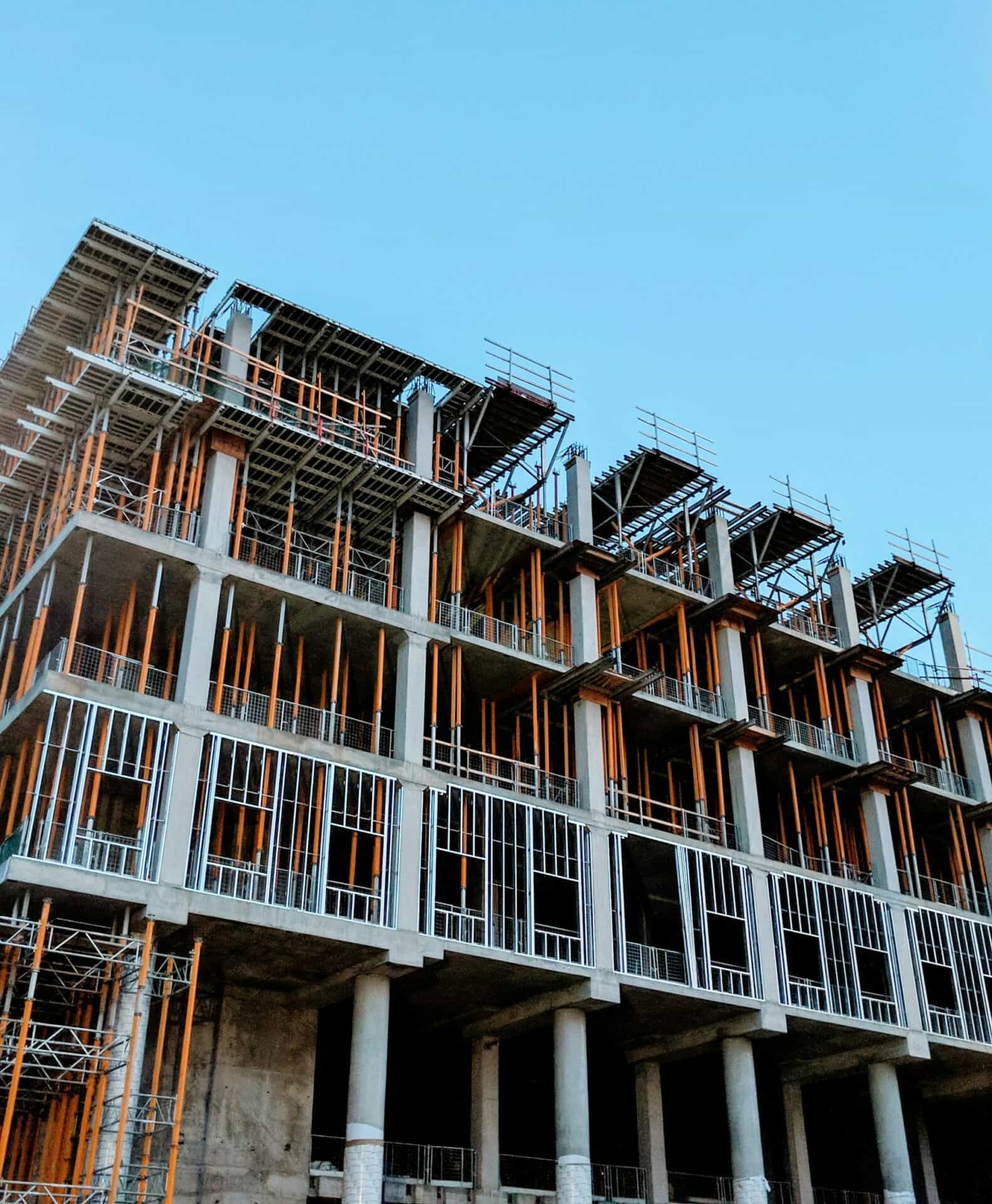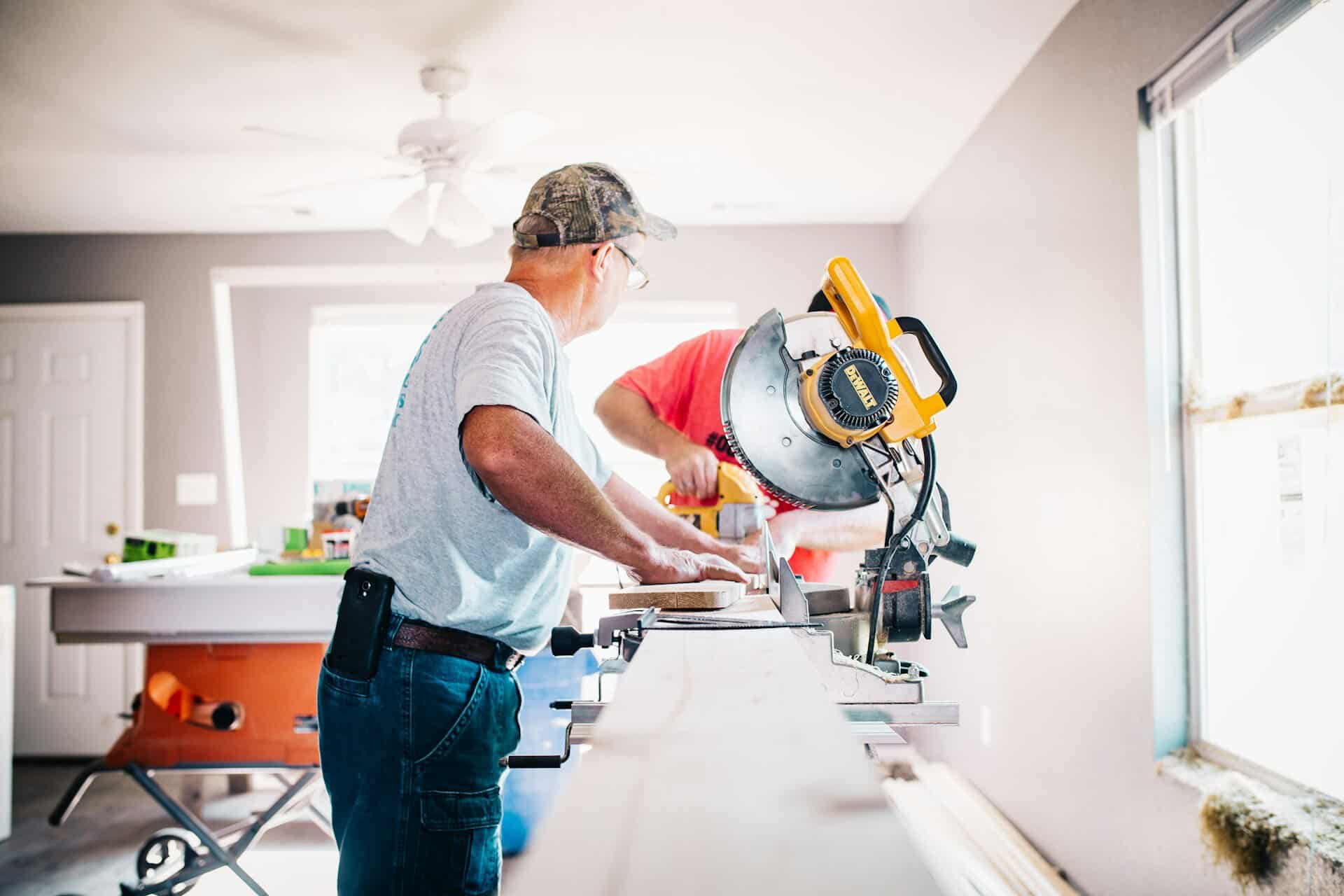Along with residential houses, tax depreciation can also be claimed through commercial properties. As a landlord or tenant, you are eligible to claim depreciation on commercial properties. Landlords are given the ability to claim capital works deductions as well as previously installed plant and equipment. Tenants can deduct the plant and equipment that was fitted out to the property, as well as any additional renovations.
Great news for commercial property investors is that the legislative changes imposed on the 9th of May 2017 will not affect them. As you would know, second-hand plant and equipment cannot be claimed on residential properties anymore if it was rented after the 2017 financial year. However, this legislation does not impact the claiming of commercial properties and as such is exempt. The ATO states the following:
“Income tax deductions for the decline in value of previously used plant and equipment in rental premises used for residential accommodation are no longer allowed.”
Landlords of a commercial property
The landlord of a commercial property can claim the capital works (building structure) of the property as well as any fit-outs that are owned. Examples of fit-outs may include:
- Light fittings
- Flooring such as carpet or timber flooring
- Blinds
- Bathroom accessories
Landlords may also claim strata equipment if the property has a common area. Such examples are:
- CCTV cameras
- Elevators
- Emergency lights
- Hand dryers in shared bathrooms
Tenants of a commercial property
The tenant of a commercial property is only allowed to claim Division 40 – Plant and Equipment that they install onto the property. Renovations that are undergone by the tenant on the premises is also eligible for tax deductions. There are a multitude of different industry-specific items that are allowed by the ATO to be claimed for tax depreciation as long as the item is used to operate the business. This include items such as but not limited to:
- Commercial cooking appliances
- Conveyor belts
- Dental items
- Fuel dispensers
Whether you are a landlord or tenanting a commercial property, contact us at Duo Tax Quantity Surveyors to get some sound advice on the available deductions.
Below is a scenario to help illustrate the information above
John bought a retail space in Chatswood in June 2017. The retail space was built in 2003 and had timber flooring as well as a kitchen area with benchtops installed. John then fitted out the space with blinds costing $600. John then rented out the property to Mark who turned it into a small restaurant. Mark installed new cooking appliances and cookware for $35,000 and also bought tableware and furniture which costed $6,000. He also did some renovations to the front of the retail space costing $3,000.
John as the landlord of the property would be able to claim for deduction the following:
- Capital Works of the retail space
- Kitchen benchtops (as capital works)
- Timber flooring
- Blinds totalling $600
- Other existing plant and equipment
- Strata items
Note: for John, a Quantity Surveyor will need to estimate the costs of the items that John did not bring in.
Mark, as the tenant of the property would be able to claim for the deductions below:
- Cooking appliances and cookware totalling $35,000
- Tableware and furniture totalling $4,000
- Renovations (as capital improvements) totalling $5,000
Note: For Mark, since he knows how much the expenses for fit out and renovations were, a Quantity Surveyor will use those numbers in for the report.
Both John and Mark would benefit from getting a depreciation schedule and should consult a Quantity Surveyor to acquire one.
Whether you are a landlord or tenanting a commercial property, contact us at Duo Tax Quantity Surveyors to get a tax depreciation schedule for your commercial property.

Ready to get started?
Talk to one of our friendly property experts to get a free quote or more Information.










